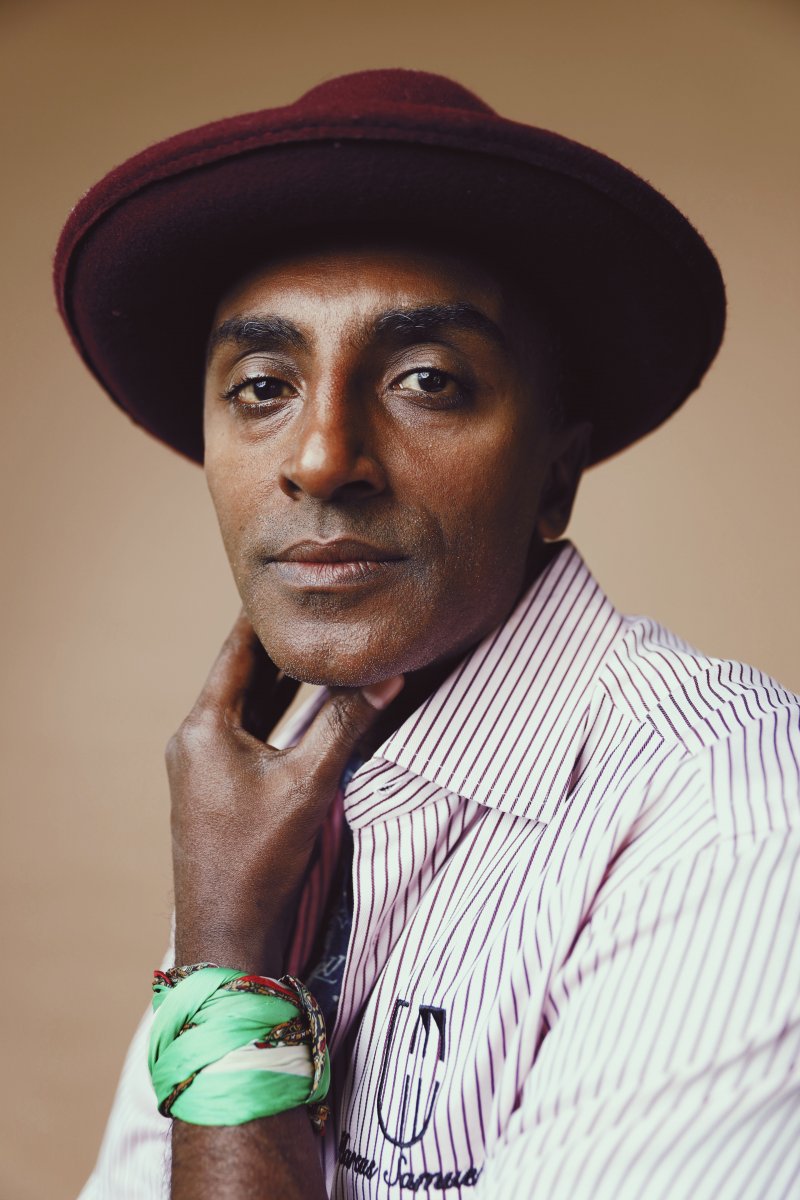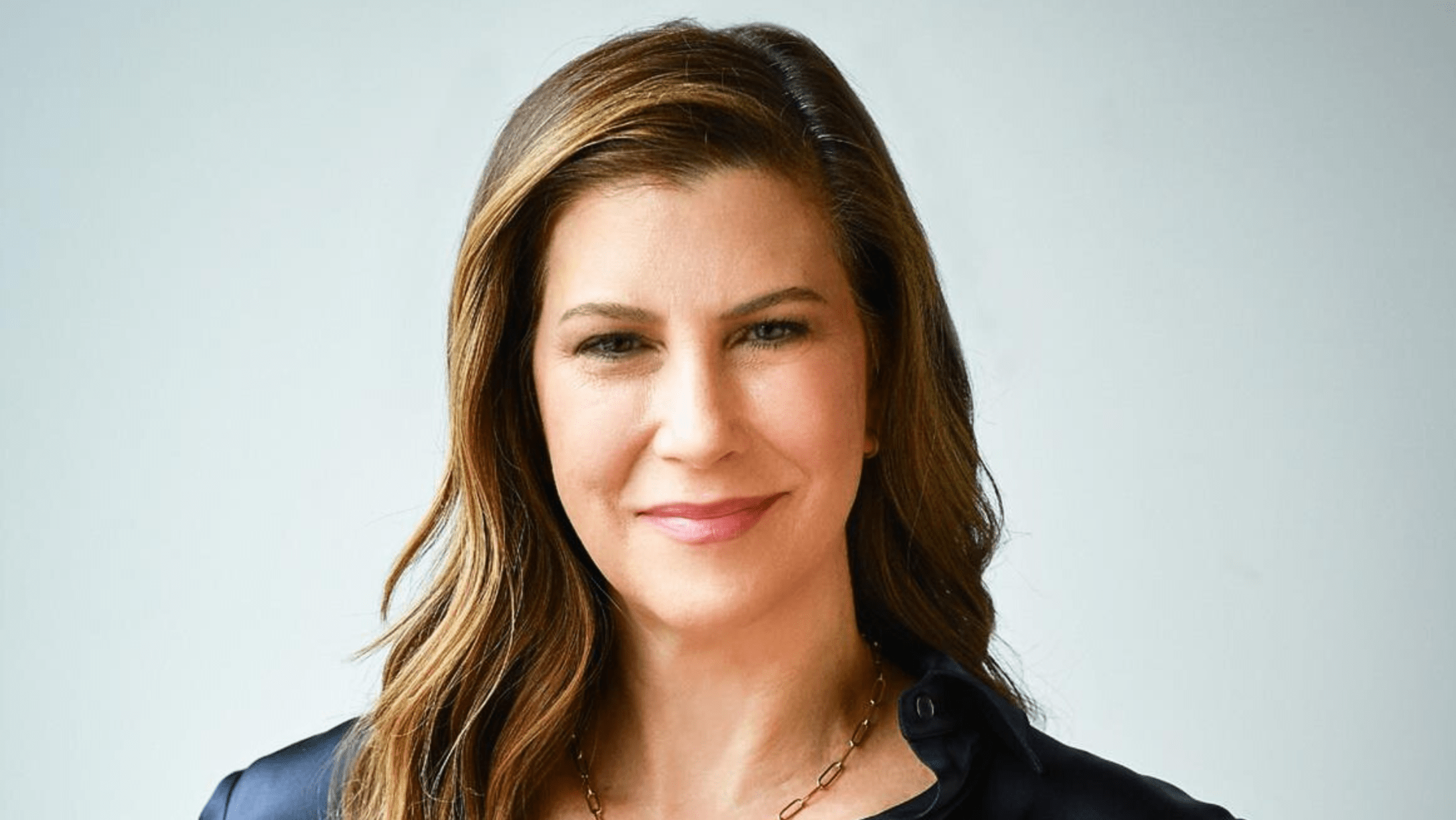[vc_row full_width=”stretch_row” parallax=”content-moving” parallax_image=”15375″ parallax_speed_bg=”1.1″][vc_column][vc_empty_space height=”500px”][/vc_column][/vc_row][vc_row][vc_column width=”1/3″][/vc_column][vc_column width=”2/3″][vc_custom_heading text=”Written by Will Novosedlik | Illustration by Thales Molina” font_container=”tag:h6|font_size:12|text_align:center|color:%23a3a3a3″ google_fonts=”font_family:Dosis%3A200%2C300%2Cregular%2C500%2C600%2C700%2C800|font_style:400%20regular%3A400%3Anormal”][/vc_column][/vc_row][vc_row][vc_column][vc_column_text]Cameron Bailey and the Toronto International Film Festival (TIFF) have grown up together. Now artistic director and co-head, Bailey joined as a programmer in 1990 and became co-director in 2008. While TIFF and Bailey were growing up together, Toronto transformed itself into the world’s most culturally diverse city. “We’ve got an audience here that loves American films, but that also loves Indian films, Chinese films, Korean films, Egyptian films,” says Bailey. “All of those things lay a foundation for a strong film culture.” According to Bailey, TIFF is a global progressive voice fuelled by Toronto’s cultural diversity.[/vc_column_text][/vc_column][/vc_row][vc_row][vc_column width=”2/3″][vc_single_image image=”15371″ img_size=”full” add_caption=”yes” onclick=”link_image”][/vc_column][vc_column width=”1/3″][vc_column_text]Bailey and his team have shaped TIFF into what its founders wanted it to be: an audience-driven festival. Most festivals of this kind are driven by the industry elite—the actors, producers, directors and critics—in top-down fashion. Says Bailey, “We’re a public festival. The audience reaction matters a lot. We’re not just telling you what great cinema is and what we think you should like. We’re setting the table for you to choose what you like, what moves you the most.” For Bailey, the voice of the audience shapes the festival as much as its programmers do.[/vc_column_text][/vc_column][/vc_row][vc_row][vc_column][vc_column_text]TIFF listens to its audience through surveys and personal feedback. As a way of engaging the audience more meaningfully, Bailey introduced the People’s Choice Award, in which attendees have a chance to vote on every film that gets screened. Some of them have gone on to win Oscars, a testament both to his inclusive leadership style and the audience’s appreciation for great film.
There is much to learn from his approach. He’s not just building a festival, he’s building a culture, both within the organization and around it. Taking a listening stance has allowed him to tap into what makes Toronto unique, thus differentiating the festival from the growing number of international film festivals around the world. He’s not just listening to his audiences but building relationships with them, and in the process, building a future with them. It’s a great, mutually rewarding business model.[/vc_column_text][vc_row_inner][vc_column_inner width=”1/2″][vc_column_text]Bailey is also sensitive to how TIFF’s audience is consuming film these days. Innovation is fuelled by change, which the film community is certainly coming to terms with as content consumption habits shift. He recognizes that the best films from the best filmmakers are being made in many different ways. We have a multitude of screening options, from our phones to our laptops to our flatscreen TVs, allowing us to see film anytime we want. Bailey sees TIFF playing an important role in curating that ocean of screen content and finding what’s really going to move its audience.[/vc_column_text][/vc_column_inner][vc_column_inner width=”1/2″][vc_single_image image=”15374″ img_size=”full” add_caption=”yes” onclick=”link_image”][/vc_column_inner][/vc_row_inner][/vc_column][/vc_row][vc_row][vc_column][vc_column_text]Bailey’s influence also extends to his ability to unearth new talent. By democratizing the landscape for filmmakers with his platform competition, which was created five years ago under his tutelage, new opportunities have opened up for discovering lesser-known artists with enormous talent. Competitions like this are there to ensure that, alongside the big-budget red carpet movies coming in, TIFF never forgets the artists that are working without stars, but making ground-breaking contributions to the cinematic landscape. As Bailey reminds us, “You have to always look for those very talented unknowns because some of them will become the giants of cinema in years to come.”
In his mind some of the top film talent in the world continues to come out of Canada. “Whether you look at filmmakers like David Cronenberg, Denis Villeneuve, or Jean-Marc Vallée, there is incredible talent. The thing is though, that talent has access to Hollywood. So while they may be born, raised, and trained here, they will often go south to pursue their work. I’m interested in those artists all the way through their careers and I hope they come back and find opportunities here. We’re a much smaller country in terms of population and economy of scale, so we’re never going to make $200 million movies here. But if we can train and inspire the people who make those movies, then that’s a good thing”.
In a way, this is a very Canadian impulse. Whether it means embracing new talent or welcoming international voices, TIFF has become a beacon of inclusivity and a reflection of this country’s noblest aspirations. [/vc_column_text][/vc_column][/vc_row]













